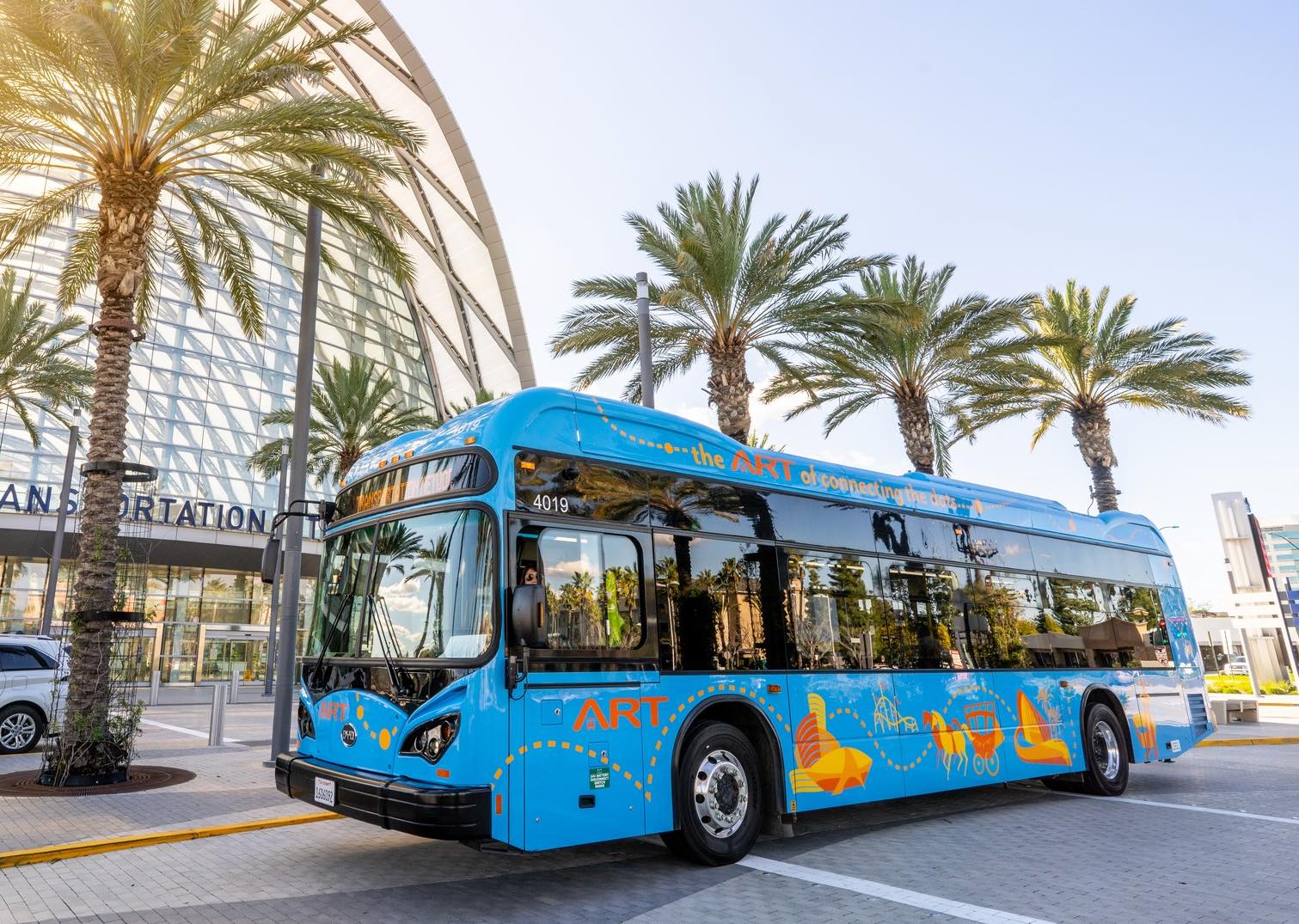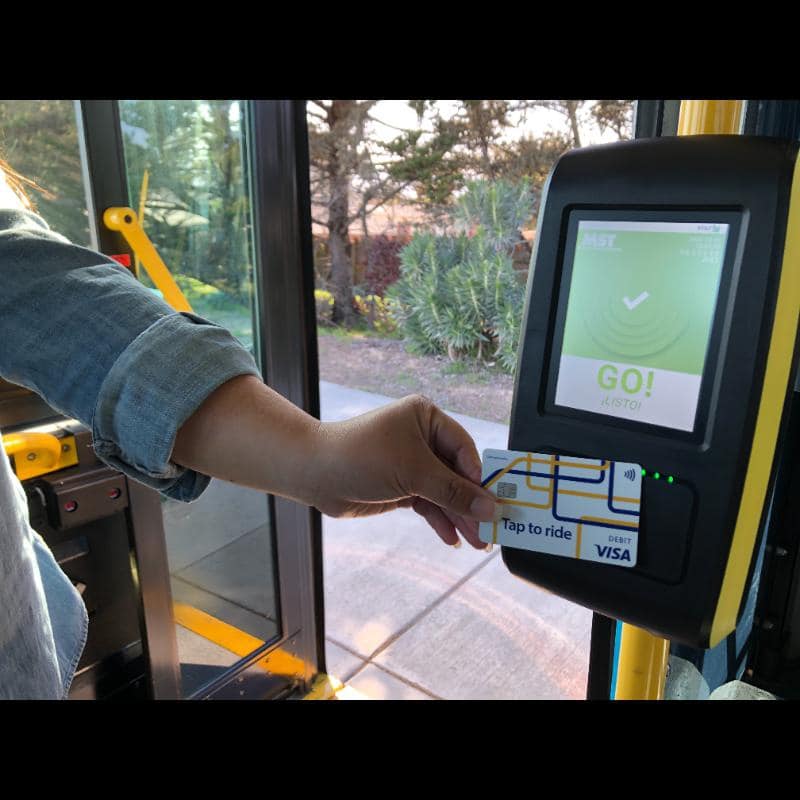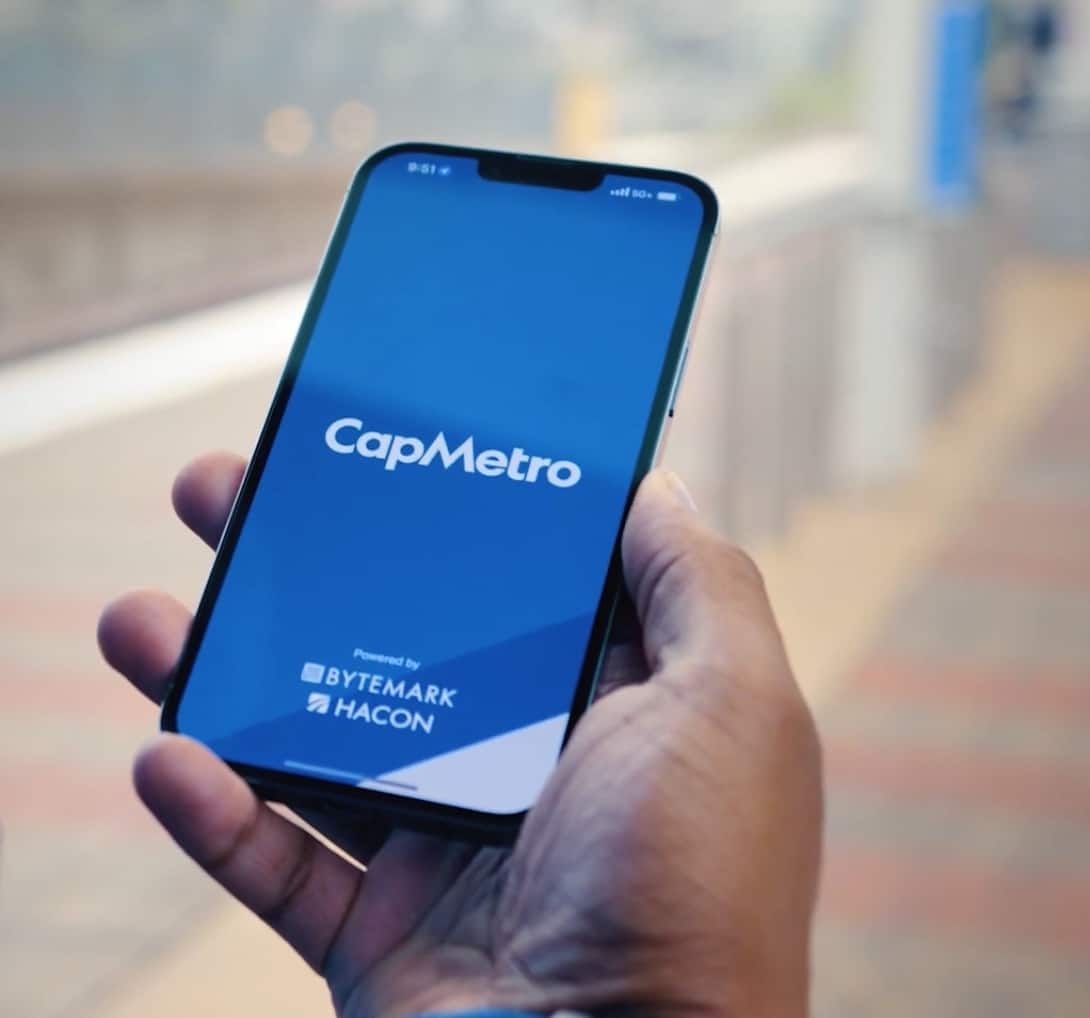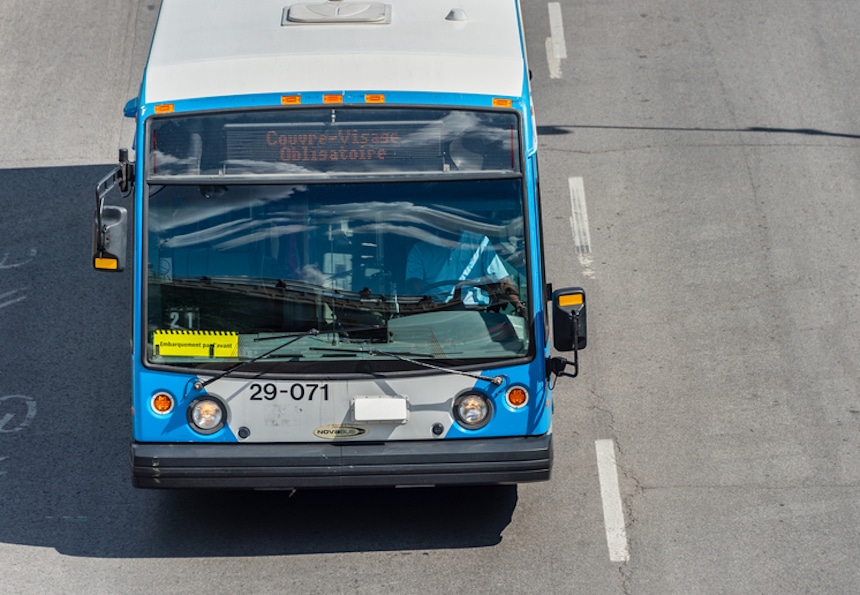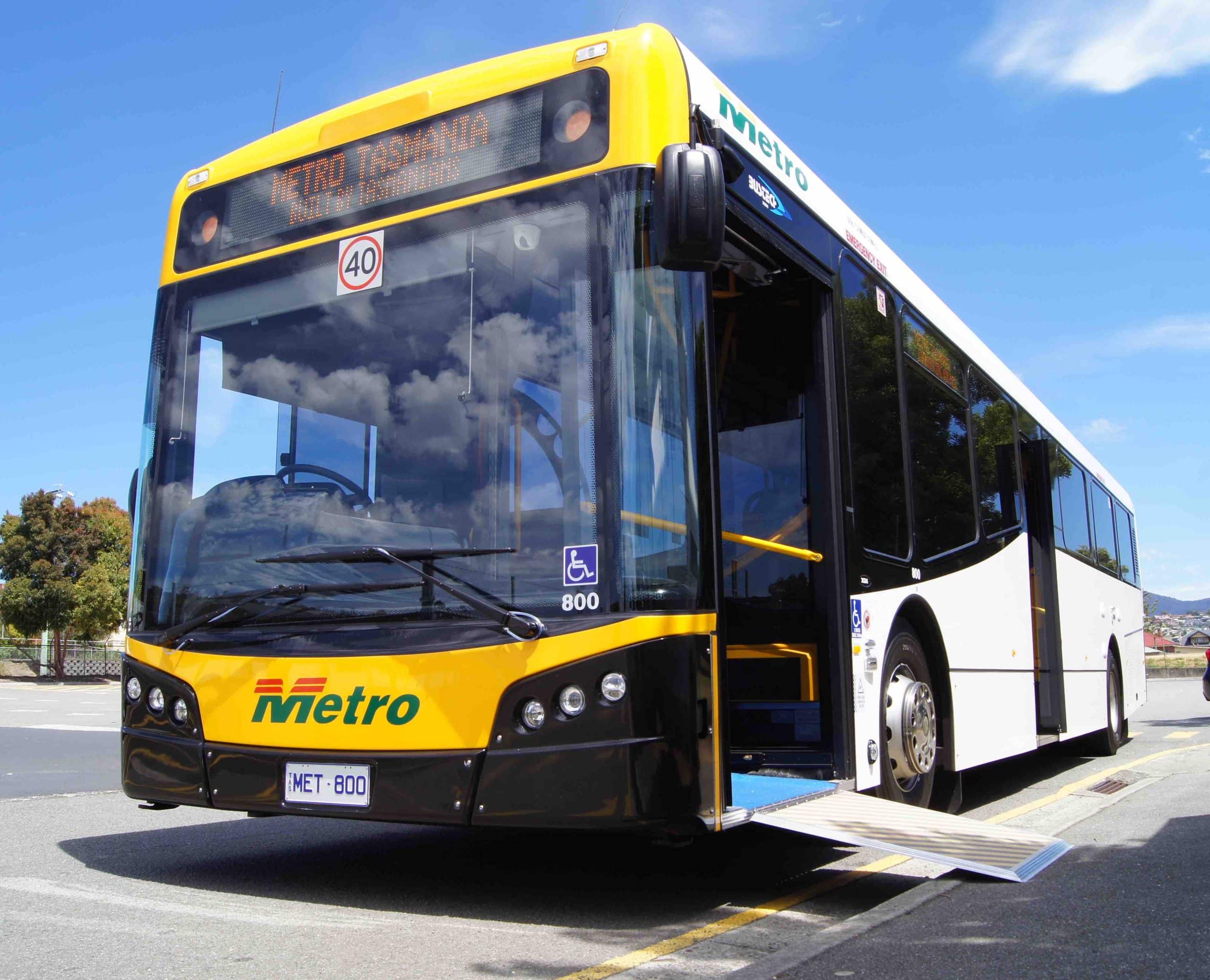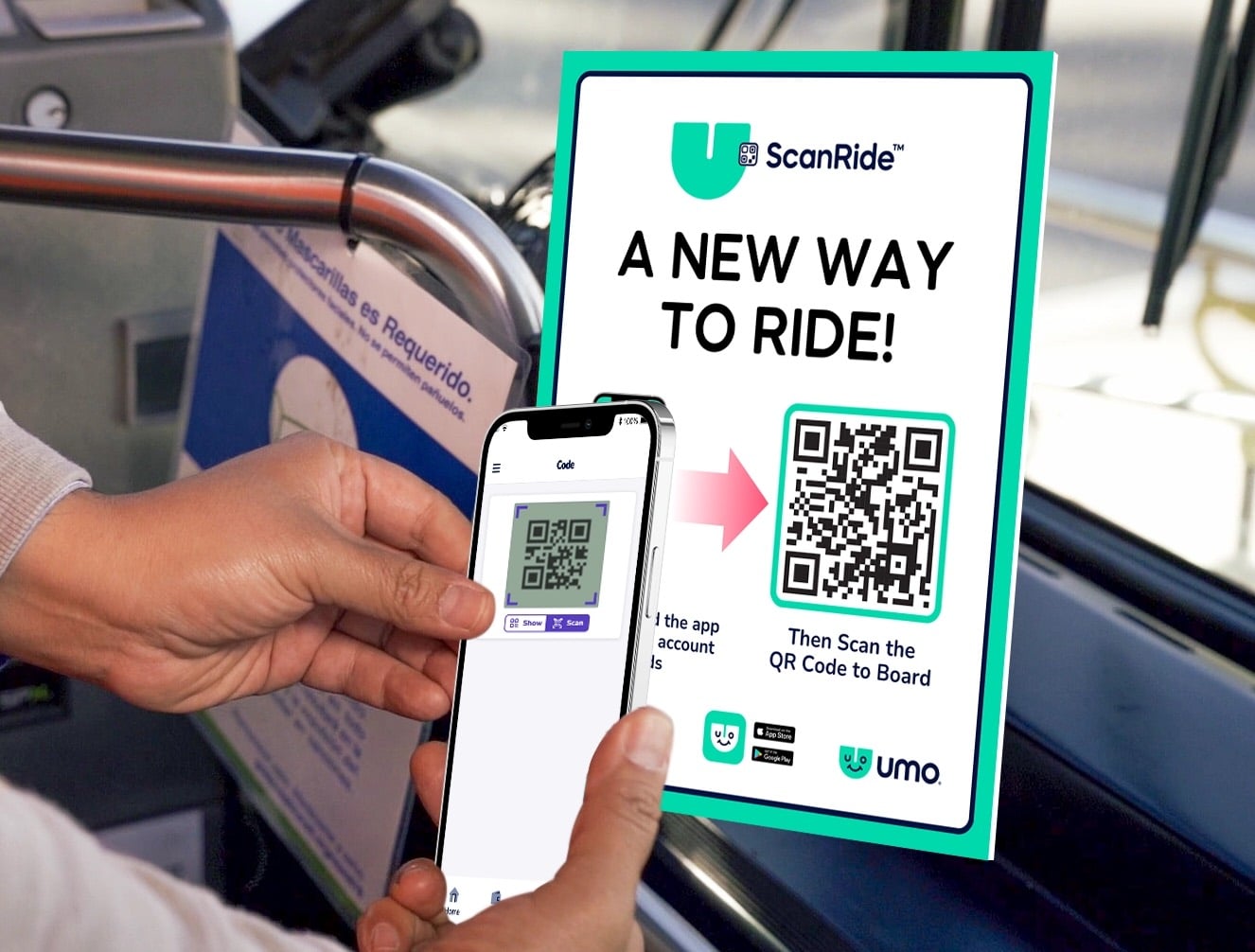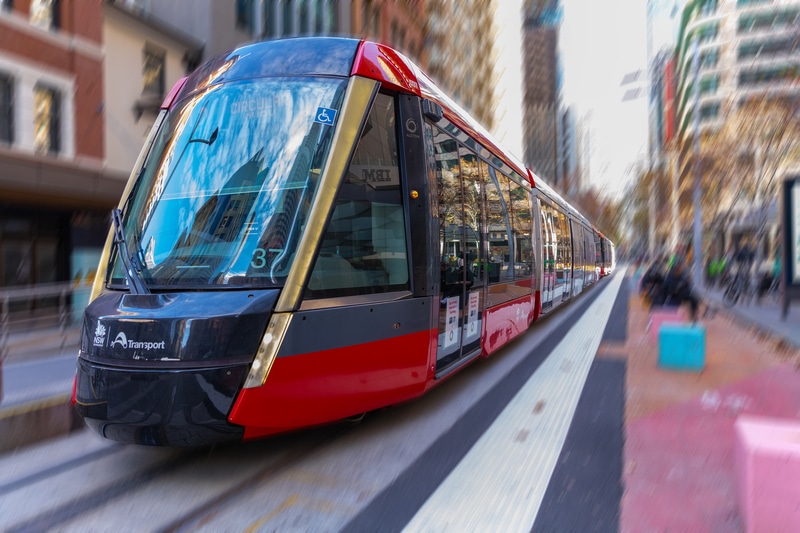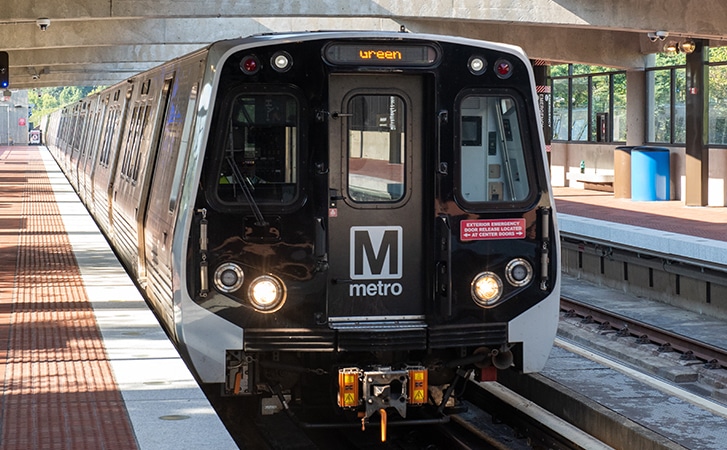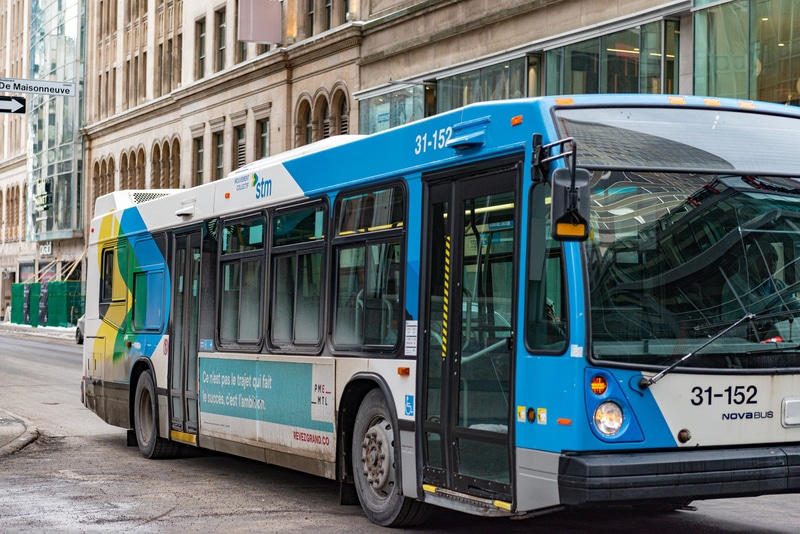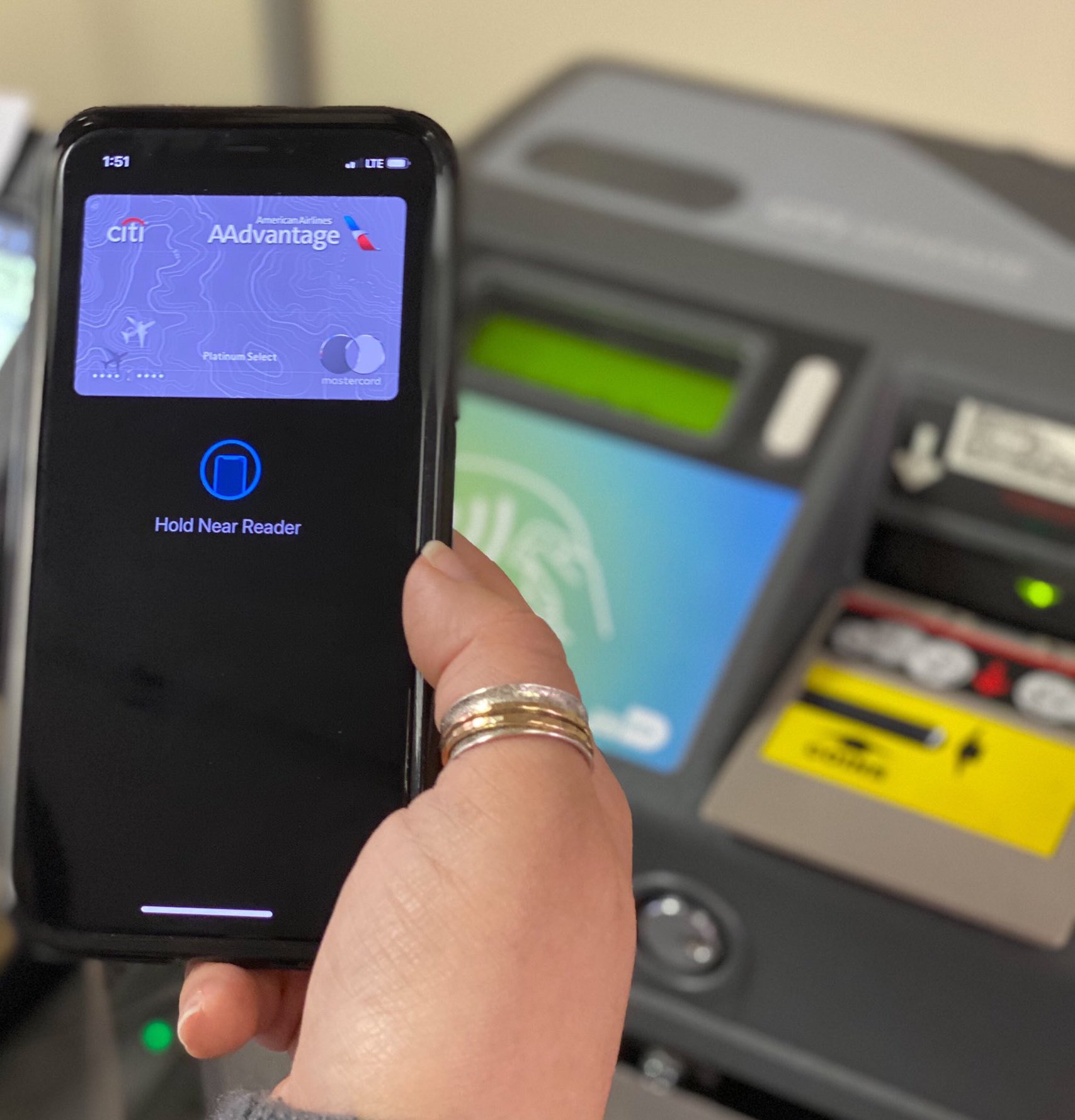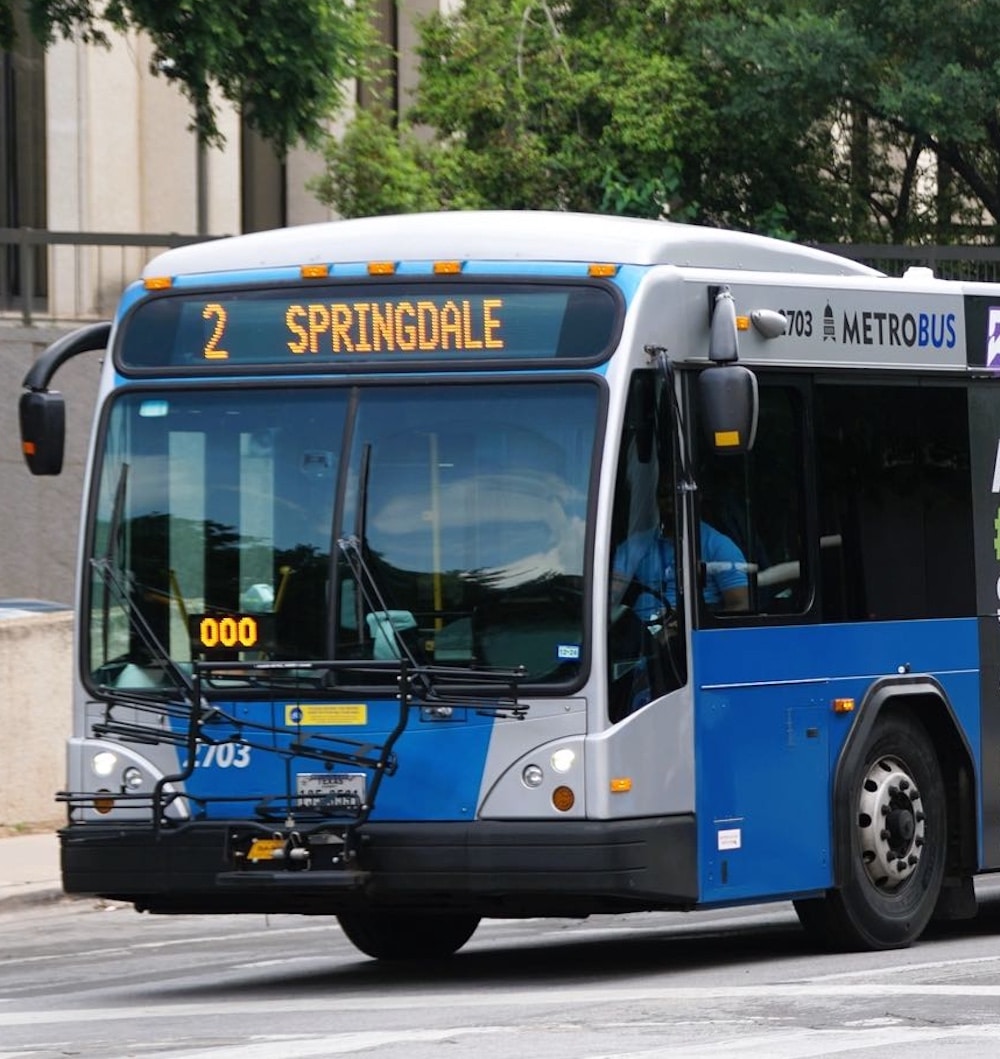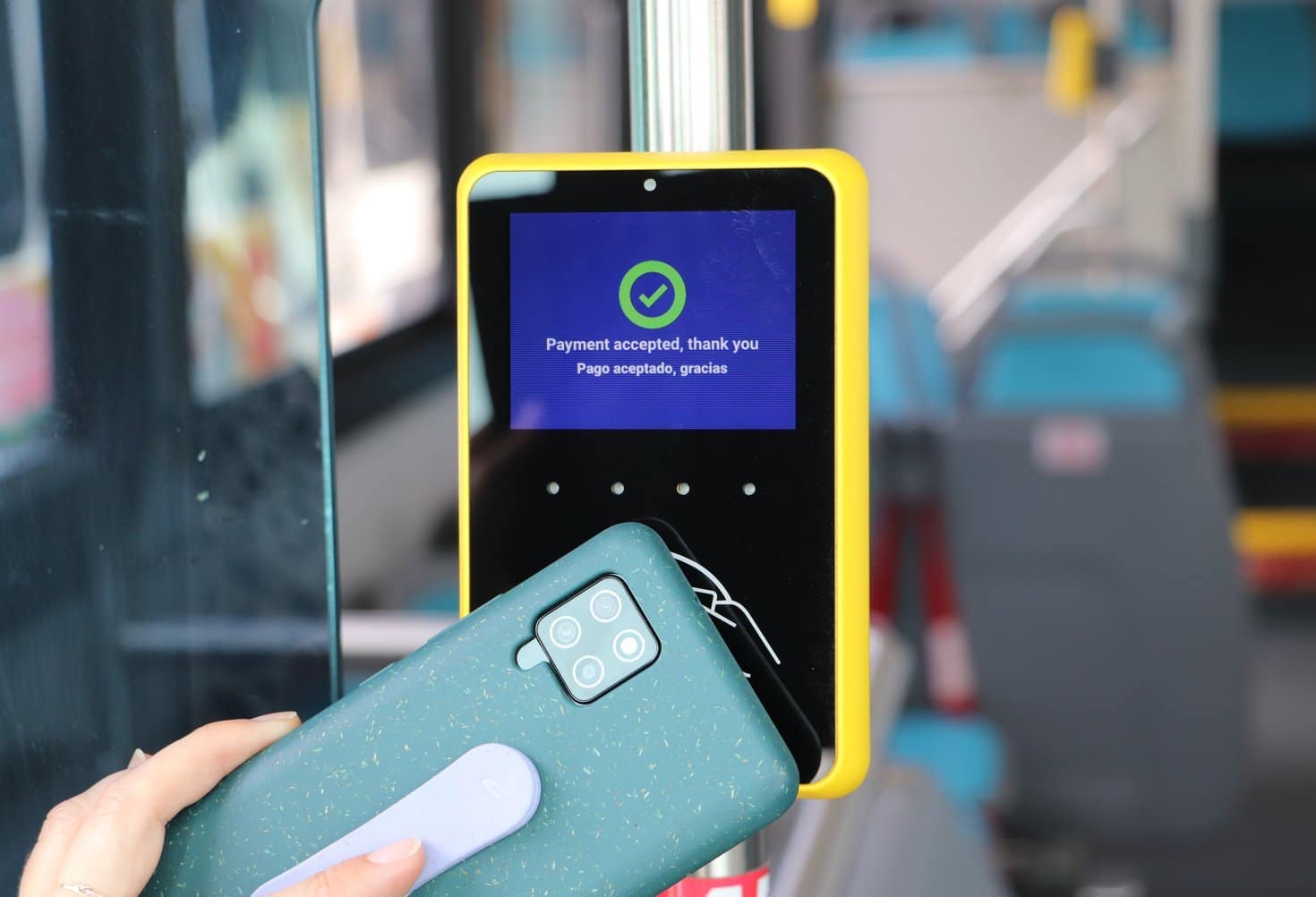
Article Highlights
The California Department of Transportation, or Caltrans, wants to find more suppliers of validators that can accept open-loop payments, and it has asked a U.S. federal agency for assistance, Mobility Payments has learned. Caltrans seeks to scale its open-loop procurement program.
Through nearly a year of activity, Cal-ITP vendors reported orders from only eight transit agencies—most very small—with the orders totaling US$488,000 for validators and related hardware.
The California Department of Transportation, or Caltrans, wants to find more suppliers of validators that can accept open-loop payments, and it has asked a U.S. federal agency for assistance, Mobility Payments has learned.







